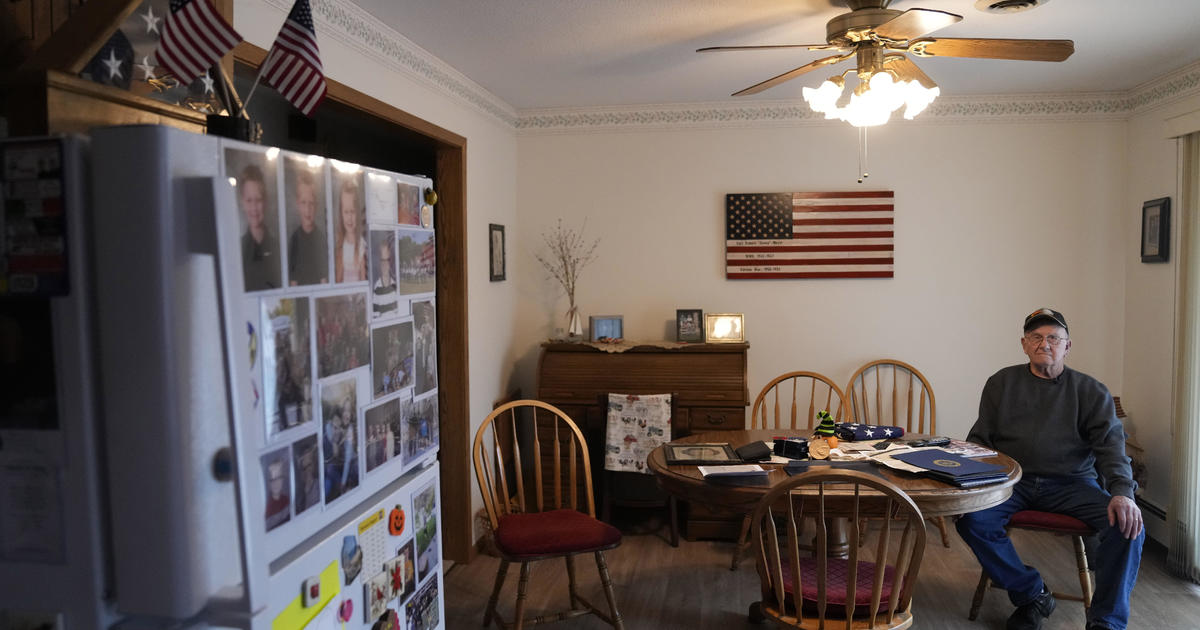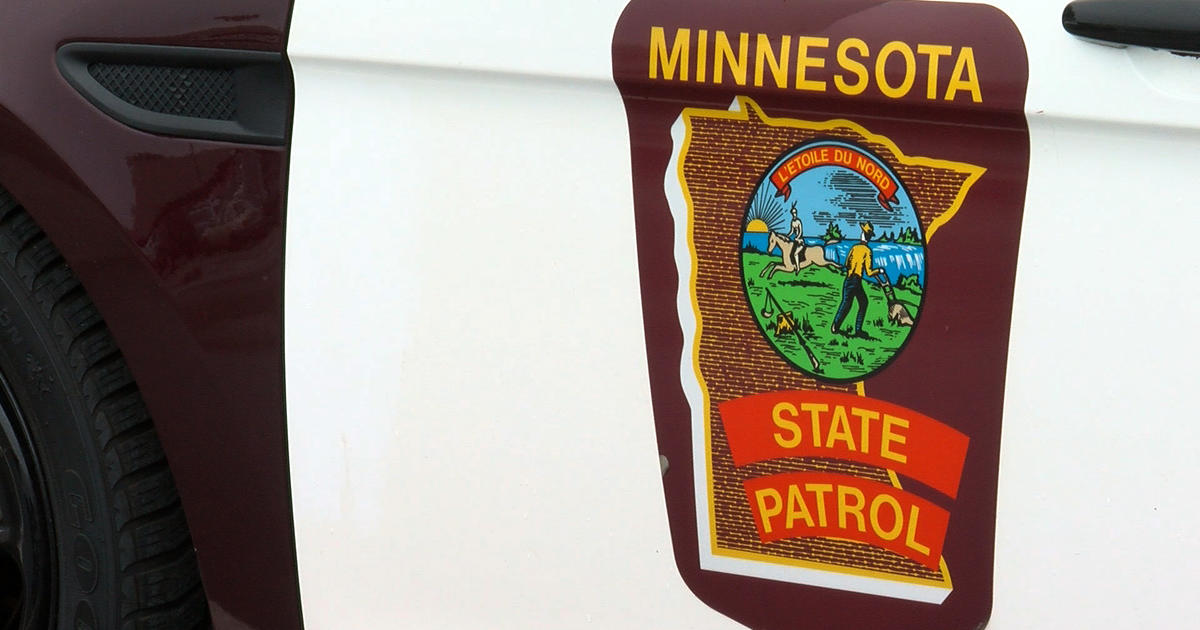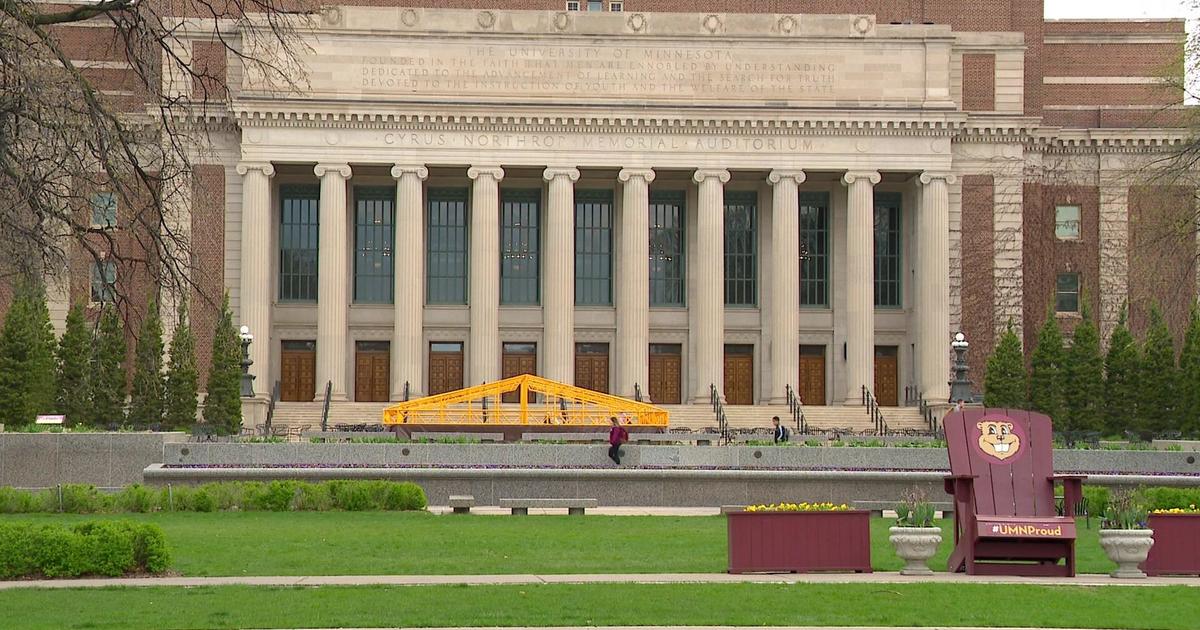Minnesota Lags Behind Goal For High-Speed Internet
MINNEAPOLIS (AP) -- Minnesota still has a ways to go to meet the Legislature's ambitious goal for all state households to have access to high-speed Internet by 2015, according to a new report from the Minnesota Broadband Advisory Task Force.
Lawmakers adopted goals for broadband access and speeds for the state last year. The first called for all households to have access to download speeds of at least 10 megabits per second by 2015, which the report claims is fast enough for simple telecommuting but not enough for telemedicine, broadcasting high-definition video and complex gaming.
The report indicates that 84 percent of Minnesota households meet that 10 Mbps goal.
Another of the Legislature's goals called for Minnesota to be among the top five states in average broadband speed. Minnesota was not even close, the report said.
Minnesota's average connection speed of 4.5 Mbps ranks 24th in the nation, or about the U.S. average of 4.6 Mbps. Delaware leads the nation at 7.2 Mbps followed by Rhode Island and New Hampshire.
The broadband task force was appointed last year by Commissioner Glenn Wilson of the state Commerce Department. The report was released Dec. 30, days before Wilson and other appointees of Gov. Tim Pawlenty left office on Jan. 3.
The report was the first attempt to see how close the state was to achieving the Legislature's goals, so it wasn't yet possible to determine trends or see if the state is on pace to meet its goals, Commerce Department spokeswoman Nicole Garrison-Sprenger said.
Minnesota received more than $425 million in grants and loans to improve broadband access in the state, much of it through federal stimulus law, according to the report. The projects are to be completed within three years.
"Never before has Minnesota receive such an infusion of funds dedicated to connecting Minnesota residents to the power of the Internet," the report said.
Among others, it listed a $43.5 million project to link up rural areas in northeast Minnesota and a $66 million project in nearby Lake and St. Louis counties.
However, the report was critical of the state's funding for broadband in K-12 schools, calling the programs inconsistent and unstable over the past decade. It said the access to broadband connections was necessary in all schools.
"Rural communities in Minnesota continue to be particularly challenged when it comes to obtaining broadband access," the report said.
Lee Warne, executive director of the Minnesota Rural Education Association, agreed. His group has called for the state to help bring broadband speeds into rural schools that private businesses don't serve. He called it the great equalizer between students in small rural districts and those in wealthy suburban ones.
"How do they get the same opportunities to be successful? Technology is the way to deliver that," Warne said.
(© Copyright 2011 The Associated Press. All Rights Reserved. This material may not be published, broadcast, rewritten or redistributed.)



